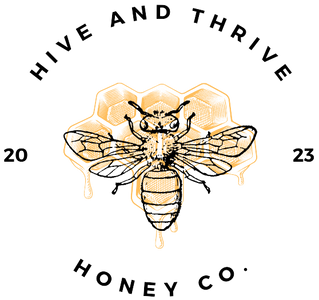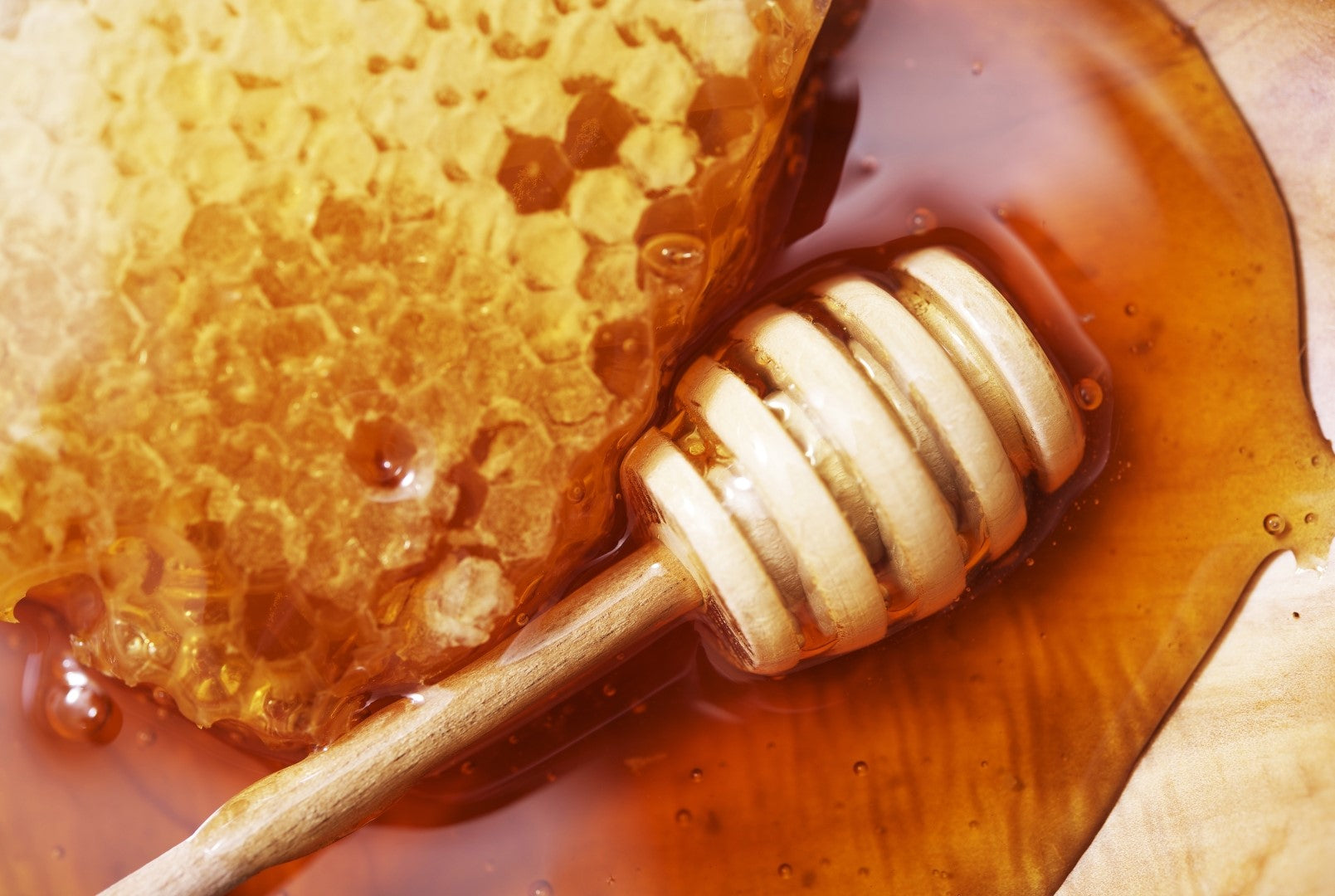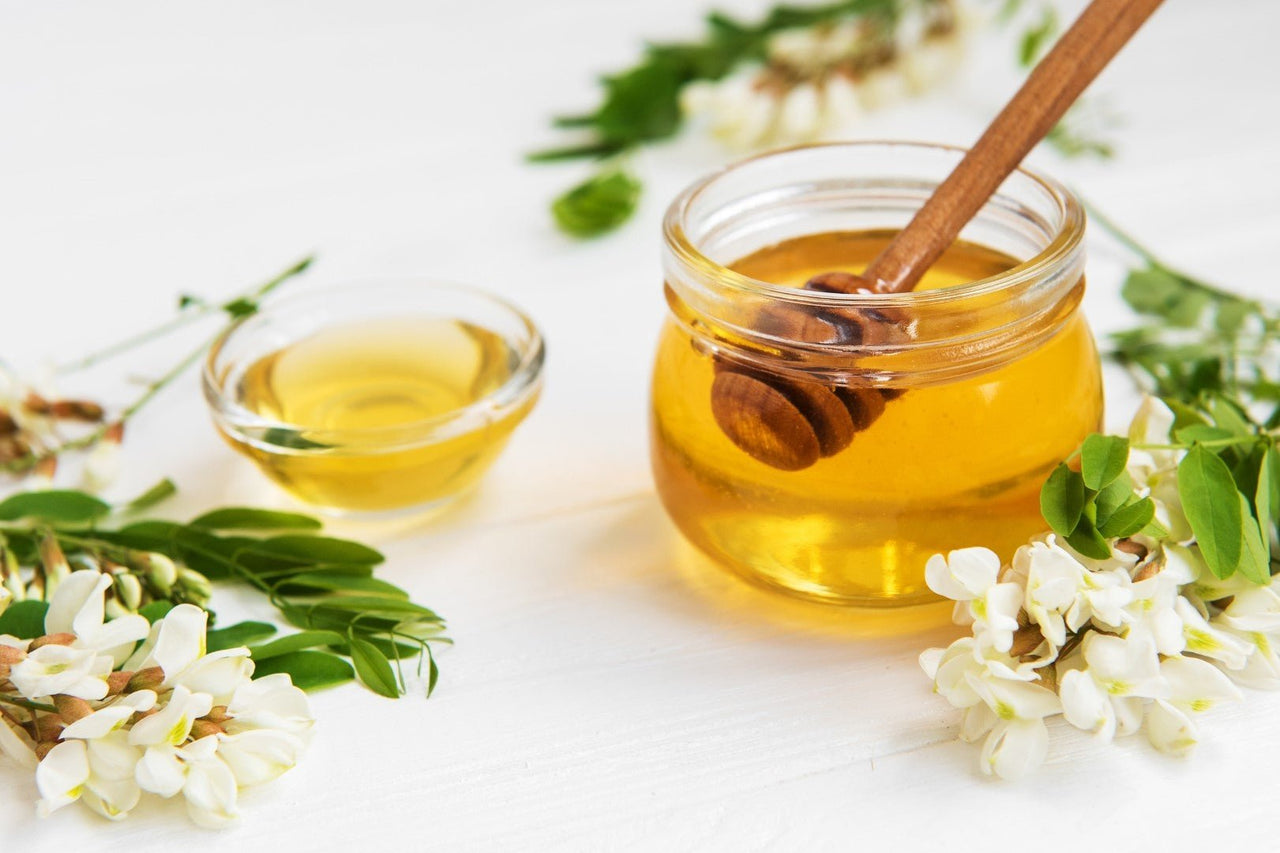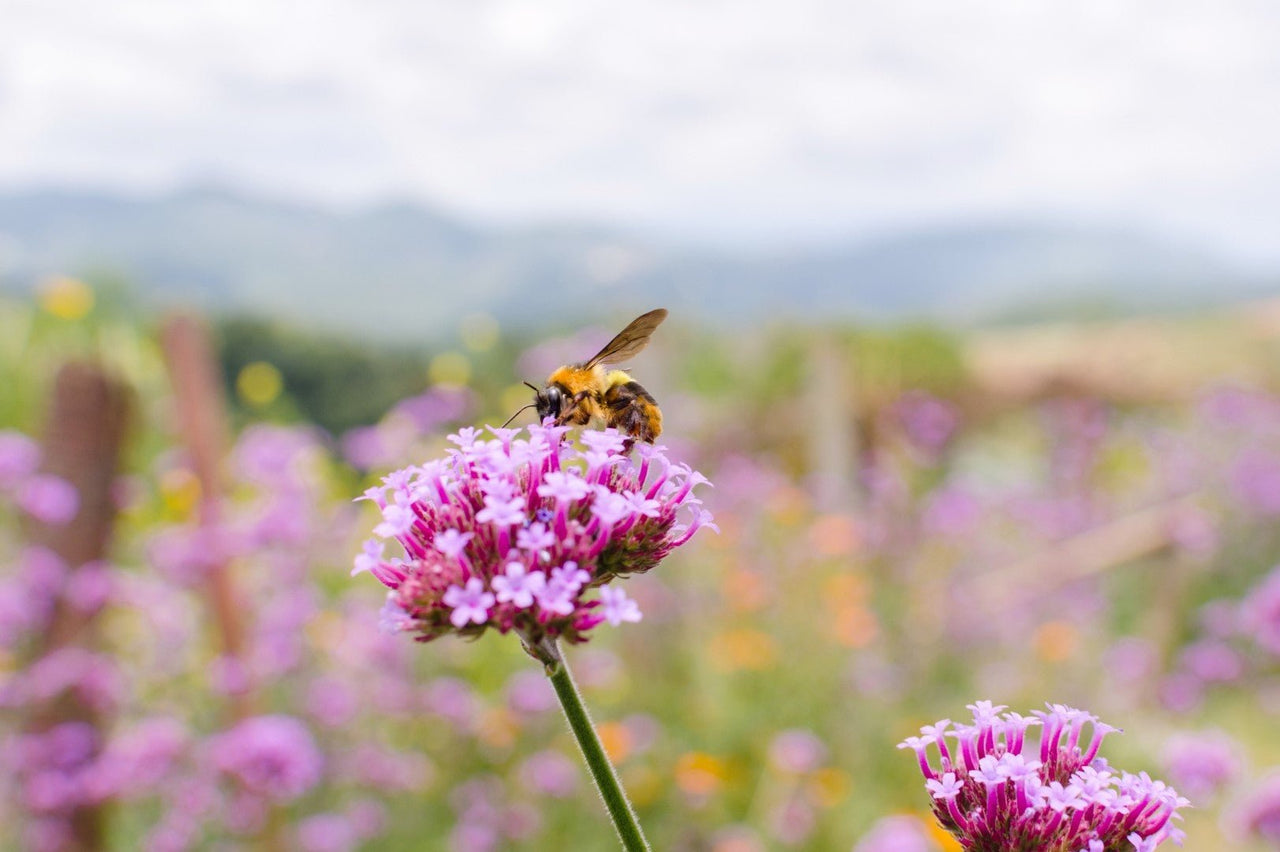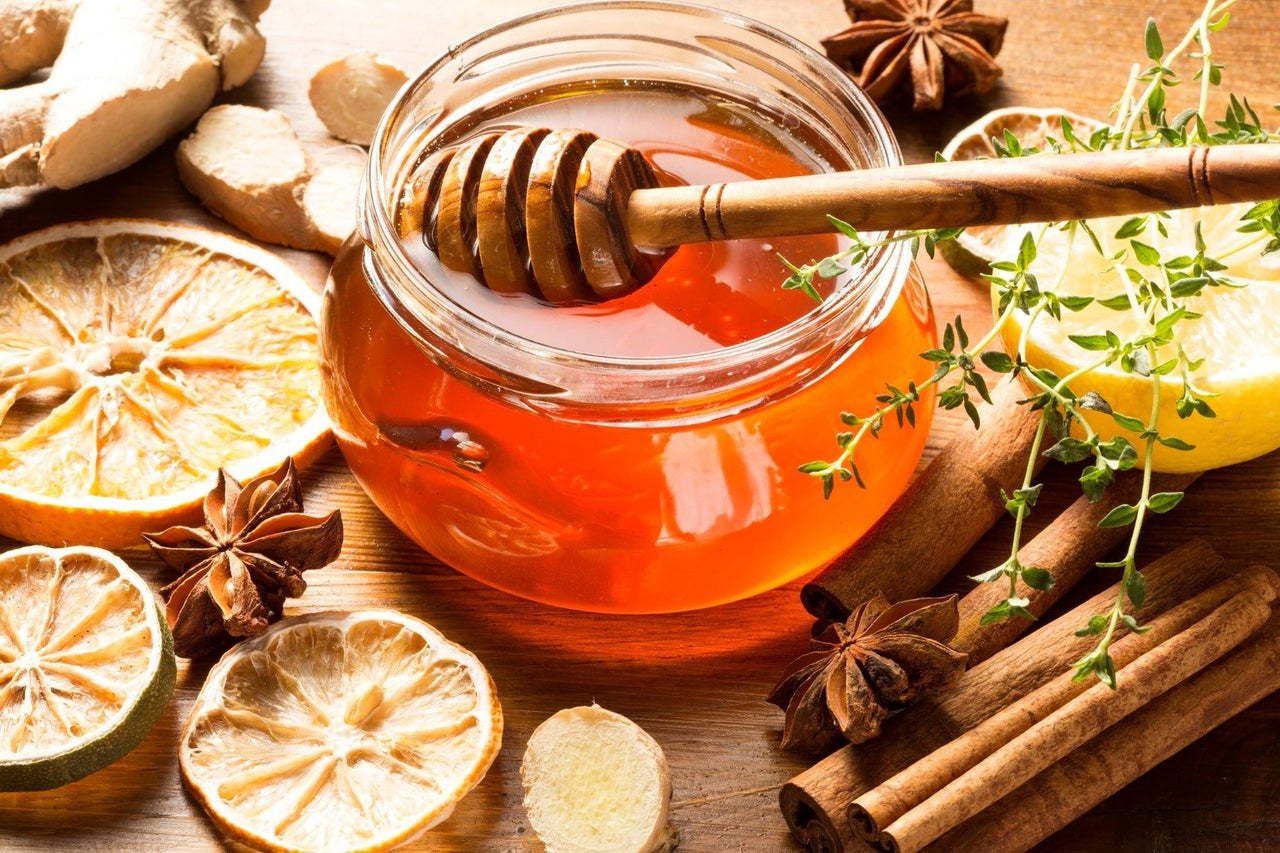In nature, bees hold a pivotal role as the unsung heroes of pollination and ecosystem stability. From meadows to agricultural fields, their work ensures the propagation of plants, the diversity of ecosystems, and the sustenance of life itself. However, in recent years, the world has witnessed a concerning decline in bee populations, raising alarms about the fragile balance of our ecosystems. Understanding the significance of bees and taking proactive steps to support their conservation is not just an environmental imperative but a crucial step towards safeguarding our own future.

The Vital Role of Bees in Pollination:
Pollination is the process by which pollen is transferred from the male part of a flower to the female part, enabling fertilization and subsequent seed and fruit production. Bees, among other pollinators such as butterflies, birds, and bats, are incredibly efficient at this task due to their unique anatomy and behavior.
- Efficiency: Bees have specialized structures, such as pollen baskets on their hind legs and branched body hairs, which allow them to collect and transport pollen efficiently from flower to flower.
- Diversity: With over 20,000 species worldwide, bees exhibit a remarkable diversity in size, behavior, and habitat preferences, enabling them to pollinate a wide variety of plants, from crops to wildflowers.
- Abundance: Bees are responsible for pollinating approximately 75% of the world's leading food crops, including fruits, vegetables, nuts, and seeds. Without bees, many of these crops would not be able to produce fruits or seeds, leading to significant food shortages and economic losses.
The Decline of Bee Populations:
Despite their vital importance, bee populations are facing unprecedented threats that jeopardize their survival:
- Habitat Loss: Urbanization, agricultural intensification, and deforestation have led to the loss of bee habitats, reducing their access to food and nesting sites.
- Pesticides: The widespread use of pesticides, particularly neonicotinoids, has been linked to bee declines by affecting their foraging behavior, navigation abilities, and reproductive success.
- Parasites and Diseases: Bees are susceptible to various parasites and diseases, including Varroa mites and Nosema fungus, which weaken colonies and contribute to population declines.
- Climate Change: Changing climate patterns, such as extreme weather events and shifting flowering times, disrupt the delicate synchrony between bees and the plants they pollinate, further threatening bee populations.

Practical Tips for Supporting Bee Conservation Efforts:
While the challenges facing bees may seem daunting, there are practical steps that individuals, communities, and policymakers can take to support bee conservation:
- Plant Bee-Friendly Gardens: Choose a variety of native flowers, shrubs, and trees that provide pollen and nectar throughout the growing season. Avoid using pesticides and herbicides, opting instead for organic gardening methods.
- Provide Nesting Sites: Create habitat features such as bee hotels, nesting boxes, and undisturbed areas with bare ground or decaying wood for solitary bees and bumblebees to nest.
- Support Sustainable Agriculture: Encourage and support farmers who practice sustainable agriculture methods such as crop rotation, agroforestry, and reduced pesticide use, which benefit both bees and other wildlife.
As guardians of pollination and ecosystem health, bees are indispensable allies. By understanding their vital role, addressing the threats they face, and taking proactive measures to support their conservation, we can ensure that bees continue to thrive and fulfill their essential function in the web of life.
